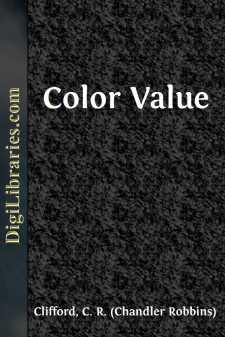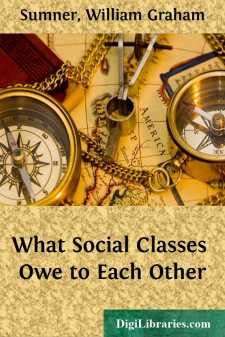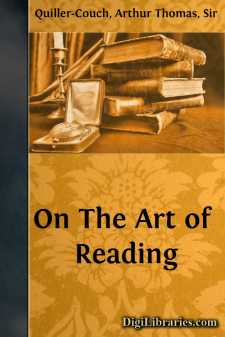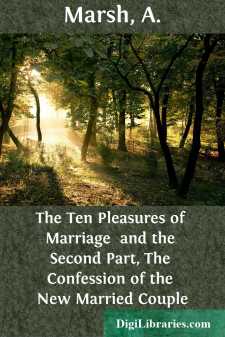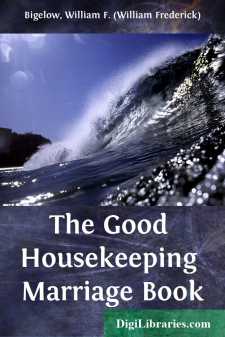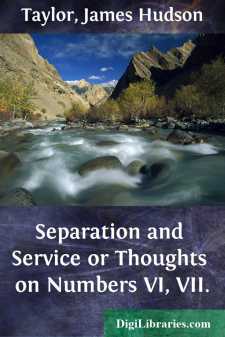Categories
- Antiques & Collectibles 13
- Architecture 36
- Art 48
- Bibles 22
- Biography & Autobiography 813
- Body, Mind & Spirit 142
- Business & Economics 28
- Children's Books 17
- Children's Fiction 14
- Computers 4
- Cooking 94
- Crafts & Hobbies 4
- Drama 346
- Education 46
- Family & Relationships 57
- Fiction 11829
- Games 19
- Gardening 17
- Health & Fitness 34
- History 1377
- House & Home 1
- Humor 147
- Juvenile Fiction 1873
- Juvenile Nonfiction 202
- Language Arts & Disciplines 88
- Law 16
- Literary Collections 686
- Literary Criticism 179
- Mathematics 13
- Medical 41
- Music 40
- Nature 179
- Non-Classifiable 1768
- Performing Arts 7
- Periodicals 1453
- Philosophy 64
- Photography 2
- Poetry 896
- Political Science 203
- Psychology 42
- Reference 154
- Religion 513
- Science 126
- Self-Help 84
- Social Science 81
- Sports & Recreation 34
- Study Aids 3
- Technology & Engineering 59
- Transportation 23
- Travel 463
- True Crime 29
Sort by:
by:
Edward Burbidge
THE KING’S HERALD.“On Jordan’s banks the Baptist’s cryAnnounces that the Lord is nigh;Awake and hearken, for he bringsGlad tidings of the King....” When the Saviour of the world was about to enter upon His public ministry, the Jewish nation was startled with the cry, “The Kingdom of Heaven is at hand” (S. Matt. iii. 2). Such was God’s call to His people of old time, to prepare...
more...
CHAPTER I SHEPHERDS ON THE BORDER OF THE DESERT Ancient Arabia is the home of that branch of the white race known as the Semitic. Here on the fertile fringes of well-watered land surrounding the great central desert lived the Phœnicians, the Assyrians, the Babylonians, and the Canaanites who, before the Hebrews, inhabited Palestine. So little intermixing of races has there been that the Arabs of...
more...
Whatever is good in interior decoration is the result of consistent relationship between Light, Color, Form, Proportion and Dimensions. The choice of Color should be guided by the conditions of Light. The beauty of Form and the symmetry of Proportion can exist only by a balance with Dimensions. Therefore, apart from any knowledge of historic or period decoration, effective or successful work must...
more...
by:
Samuel Philips
Chapter I.—What Is The Christian Home? Section I.—Home In The Sphere Of Nature. "My home! the spirit of its love is breathing In every wind that plays across my track, From its white walls the very tendrils wreathing Seem with soft links to draw the wanderer back. There am I loved—there prayed for!—there my mother Sits by the hearth with meekly thoughtful eye, There my young...
more...
by:
Flavius Josephus
PREFACE 1. Whereas the war which the Jews made with the Romans hath been the greatest of all those, not only that have been in our times, but, in a manner, of those that ever were heard of; both of those wherein cities have fought against cities, or nations against nations; while some men who were not concerned in the affairs themselves have gotten together vain and contradictory stories by hearsay,...
more...
INTRODUCTION We are told every day that great social problems stand before us and demand a solution, and we are assailed by oracles, threats, and warnings in reference to those problems. There is a school of writers who are playing quite a rôle as the heralds of the coming duty and the coming woe. They assume to speak for a large, but vague and undefined, constituency, who set the task, exact a...
more...
LECTURE I INTRODUCTORY WEDNESDAY, OCTOBER 25, 1916 I In the third book of the "Ethics", and in the second chapter, Aristotle, dealing with certain actions which, though bad in themselves, admit of pity and forgiveness because they were committed involuntarily, through ignorance, instances 'the man who did not know a subject was forbidden, like Aeschylus with the Mysteries,' and...
more...
by:
A. Marsh
INTRODUCTION he Restoration brought back to England something more than a king and the theatre. It renewed in English life the robust vitality of humour which had been repressed under the Commonwealth—though, in spite of repression, there were, even among the Puritan divines, men like the author of Joanereidos, whose self-expression ran the whole gamut from freedom to licentiousness. It is a curious...
more...
Introduction The articles that are printed in this book made what was in my opinion the most important, the most constructive, series on a single subject that Good Housekeeping has published in the quarter century and more that I was its editor. And they might so easily never have been written—just a little item in a newspaper missed, or its significance overlooked, and these sincere and helpful...
more...
INTRODUCTORY. For many years these chapters had no special interest to me; but I have never ceased to be thankful that I was early led to read the Word of God in regular course: it was through this habit that these chapters first became specially precious to me. I was travelling on a missionary tour in the province of Cheh-kiang, and had to pass the night in a very wicked town. All the inns were...
more...




